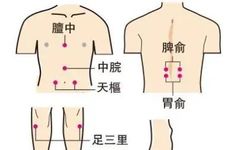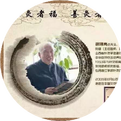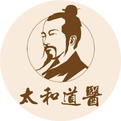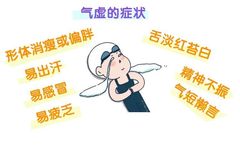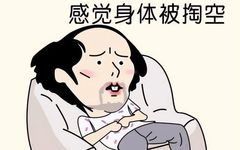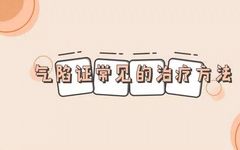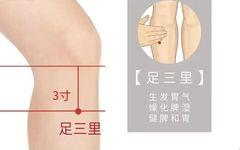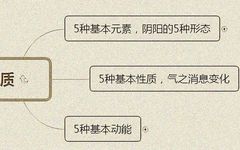Improving Spleen and Stomach Qi Stagnation: TCM Insights on Bloating, Stomach Pain, and Acid Reflux
Qi stagnation caused by overeating and excessive worry is closely related to symptoms of bloating, stomach pain, and acid reflux. (Image designed by Doucefleur@iStockphoto) Bloating, stomach pain, and acid reflux are common clinical issues. Traditional Chinese Medicine (TCM) believes these are related to the dysfunction of Qi movement within the body, which affects the Spleen … Read more

